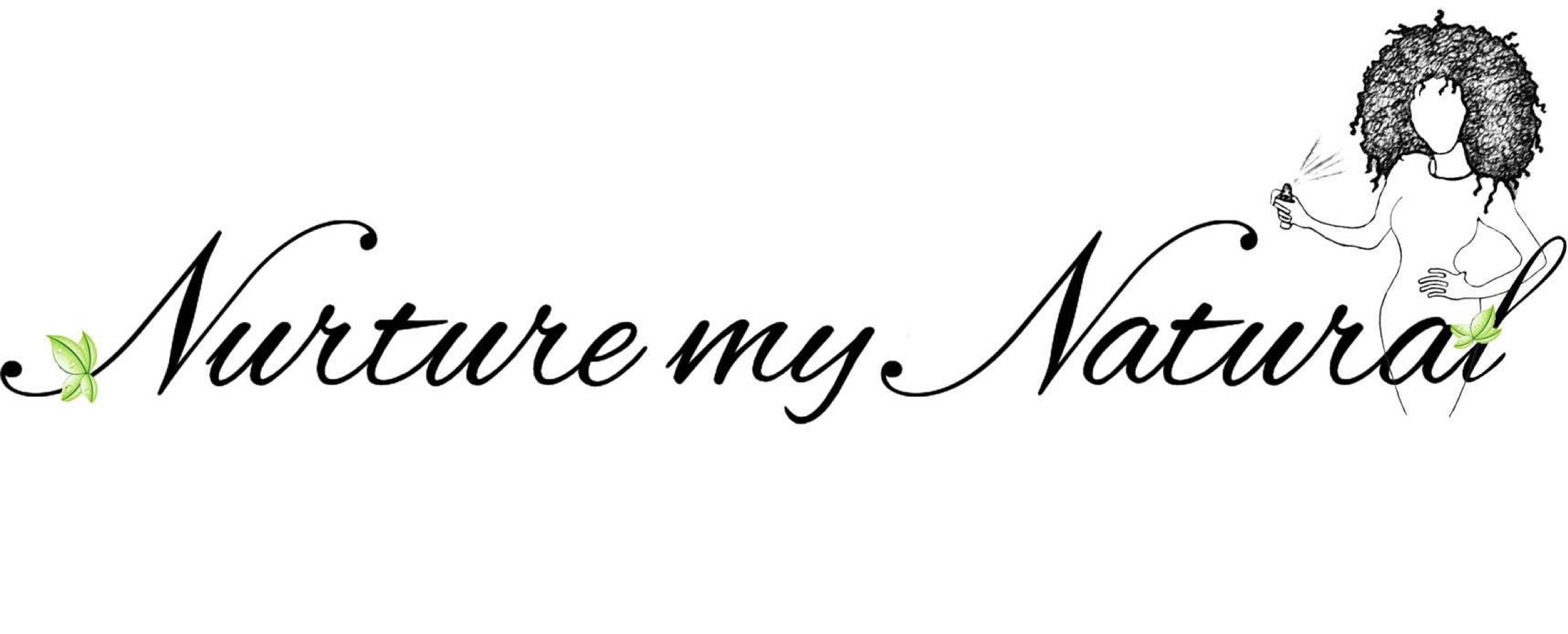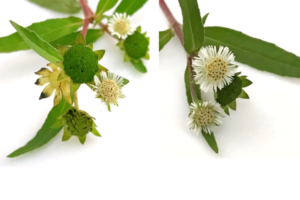Spring is in the air! And for many of us, so is pollen, dust, and a whole lot of sneezing. If you’re tired of reaching for the antihistamines and want to breathe easy without the side effects, you’ve come to the right place. Let’s dive into some natural remedies for allergies that are so effective, you might just forget to sneeze.
1. Local Honey: Sweet Relief

They say you are what you eat, so why not eat what makes you sneeze? Local honey, produced by bees in your area, contains traces of pollen that can help your body build up a tolerance. It’s like sweet, sticky exposure therapy. Add it to your tea, spread it on toast, or just take a spoonful straight up. Your taste buds and your sinuses will thank you.
2. Quercetin: Nature’s Antihistamine

Quercetin, a natural compound found in apples, onions, and tea, acts as a powerful antihistamine. Think of it as nature’s way of saying “bless you” before you even sneeze. Incorporate quercetin-rich foods into your diet, or consider a supplement if your allergies are particularly persistent. Bonus: it’s also an anti-inflammatory, so it’ll help keep your whole system calm.
3. Neti Pot: The Nifty Nose Cleanser

A neti pot might look like a teapot for your nose, and essentially, that’s what it is. This ancient Ayurvedic tool uses a saline solution to flush out your nasal passages, removing allergens and clearing the way for easier breathing. It’s oddly satisfying and strangely soothing. Just make sure to use distilled or sterilized water – your nose deserves the best.
4. Stinging Nettle: The Name Says It All

Don’t let the name scare you. Stinging nettle is a natural antihistamine that can help reduce inflammation and ease your allergy symptoms. You can find it in tea form, capsules, or even as a tincture. Think of it as nature’s way of giving allergens the cold shoulder.
5. Essential Oils: Aromatherapy to the Rescue

Essential oils can be a game-changer for allergy sufferers. Peppermint, eucalyptus, and lavender oils are known for their ability to clear airways and reduce inflammation. Use a diffuser to fill your space with these healing scents, or mix a few drops with a carrier oil and apply it to your chest. Just inhale and let nature do the rest.
6. Probiotics: Good Gut, Good Allergies

Your gut health plays a crucial role in your immune system. Probiotics, found in yogurt, kefir, and supplements, can help balance your gut flora and reduce the severity of allergic reactions. It’s like giving your immune system a friendly little nudge, reminding it not to overreact to every speck of pollen that comes its way.
7. HEPA Filters: Clean Air, Happy Lungs

Sometimes, the best offense is a good defense. Equip your home with HEPA filters to trap pollen, dust mites, and other allergens before they can wreak havoc on your sinuses. Consider an air purifier for your bedroom, and don’t forget to change your vacuum cleaner’s filter regularly. Clean air equals happy lungs.
8. Butterbur: The Plant with a Punch

Butterbur is a plant extract that has shown promising results in reducing allergy symptoms. It’s often compared to over-the-counter antihistamines but without the drowsy side effects. You can find it in capsule form, making it a convenient addition to your natural allergy-fighting arsenal.
9. Vitamin C: Citrus Power

Vitamin C is not just for fighting colds. This powerful antioxidant can help reduce the histamine levels in your body, providing relief from allergy symptoms. Load up on citrus fruits, strawberries, bell peppers, and broccoli. It’s a delicious way to defend against sneezes.
10. Acupuncture: Pinpoint Relief

Acupuncture might sound like an unusual choice, but many people swear by it for allergy relief. This ancient Chinese practice involves inserting thin needles into specific points on your body to balance your energy and boost your immune system. It’s like giving your body a little nudge to keep calm and carry on.
11. Turmeric: The Golden Spice

Turmeric, with its active ingredient curcumin, is a potent anti-inflammatory that can help soothe allergic reactions. Add it to your meals, enjoy it in a warm golden milk latte, or take it in supplement form. Your immune system will get a spicy boost, and so will your taste buds.
12. Ginger: The Root of Relief

Ginger is another anti-inflammatory powerhouse that can help reduce allergy symptoms. Brew a soothing ginger tea, add it to your cooking, or chew on a piece of raw ginger if you’re feeling brave. It’s like giving your immune system a warm hug from the inside.
13. Rooibos Tea: The Red Wonder

Rooibos tea, hailing from South Africa, is known for its anti-inflammatory properties and can help calm your immune system. Sip on this naturally caffeine-free tea throughout the day for a soothing, allergy-fighting drink.
14. Peppermint Oil: Cool and Clear

Peppermint oil is not only refreshing but also great for opening up your airways. Add a few drops to a bowl of hot water, cover your head with a towel, and inhale the steam. Alternatively, use it in a diffuser or apply it (diluted with a carrier oil) to your chest and temples.
15. Rosemary: Breathe Deep

Rosemary isn’t just for cooking. This herb has natural decongestant properties that can help relieve nasal congestion. Use rosemary essential oil in a diffuser, or brew a strong rosemary tea and inhale the steam for instant relief.
16. Eucalyptus Oil: Nature’s Decongestant

Eucalyptus oil is famous for its ability to clear nasal congestion and open up airways. Use it in a diffuser, add a few drops to your bath, or mix with a carrier oil and apply it to your chest for a refreshing, lung-opening experience.
17. Black Seed Oil: Ancient Remedy

Black seed oil, also known as black cumin or Nigella sativa, has been used for centuries to treat various ailments, including allergies. It’s known for its anti-inflammatory, antihistamine, and immune-boosting properties. Take it in capsule form or add a few drops to a glass of water or juice. This powerful oil is like a tiny bottle of ancient wisdom ready to combat modern allergies.
18. MSM (Methylsulfonylmethane): Sulfur for Allergy Relief

MSM is a naturally occurring compound found in plants, animals, and humans. It’s known for its anti-inflammatory properties and has been studied for its potential to reduce allergy symptoms. MSM supplements are available in various forms, including capsules, powders, and creams. Incorporate MSM into your daily routine to support your body.
19. Perilla: Nature’s Defense Shield

Perilla, also known as shiso, is a plant native to East Asia and is revered for its potent anti-allergic properties. Its leaves contain rosmarinic acid, which has been shown to inhibit allergic reactions by stabilizing mast cells. Incorporate perilla leaves into your diet by adding them to salads, soups, or stir-fries, or enjoy them as a garnish. You can also find perilla oil, rich in omega-3 fatty acids and rosmarinic acid, which can be used in cooking or taken as a supplement. With perilla by your side, you’ll have a natural defense shield against pesky allergies.
20. Yarrow: Ancient Herbal Remedy

Yarrow, with its feathery leaves and clusters of small, daisy-like flowers, has been used for centuries in traditional medicine to treat various ailments, including allergies. It contains compounds like flavonoids and sesquiterpene lactones, which possess anti-inflammatory and antiallergenic properties. Enjoy yarrow tea by steeping dried yarrow flowers in hot water for a soothing drink that can help alleviate allergy symptoms. Alternatively, yarrow supplements are available in capsule form for convenient consumption. Embrace the power of this ancient herbal remedy to combat allergies and breathe easy.










